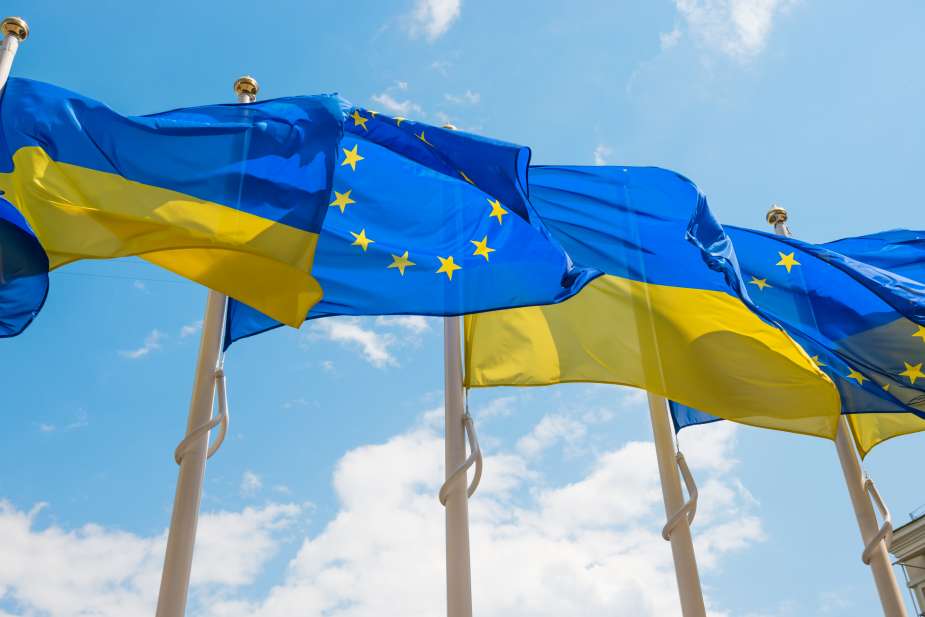Breaking news
European Union intensifying efforts to support Ukraine in 2024.
This year, the European Parliament criticized Hungarian Prime Minister Viktor Orbán for blocking a decision regarding the long-term budget revision of the EU, which includes the aid package for Ukraine. This Hungarian decision highlights the complexities of consensus within the EU regarding aid distribution and underscores the political nuances of the process.
Follow Army Recognition on Google News at this link

The European Union plans to step up its aid to Ukraine in 2024 (Picture source: European Union)
The EU's plan includes a proposal for military aid, which is part of a broader security initiative called the "umbrella," developed by major Western powers such as the United States, the United Kingdom, Germany, and France. This initiative aims to allow various countries to join the project and commit to providing ongoing military assistance to Ukraine. Meanwhile, NATO is working on modernizing the Ukrainian army and preparing it for potential alliance membership, indicating a concerted effort by the EU and its allies to strengthen Ukraine's defense capabilities.
A key element of EU support involves the reimbursement of arms donations made by EU countries. This process is facilitated through the European Peace Fund, a fund outside the EU's regular budget that allows the use of funds for arms. The EU has partially reimbursed member states for their arms donations to Ukraine. An additional 3.5 billion euros was recently authorized for this fund, bringing the total to 12 billion euros, with a portion of this injection specifically earmarked for Ukraine.
Regarding financial assistance, the European Commission is preparing a package that could reach 18 billion euros per year from 2024 to 2027, totaling up to 72 billion euros. This aid, a mix of grants and loans, is designed to support Ukraine's budget and urgent infrastructure needs, with conditions related to anti-corruption measures and structural reforms. This package is significant as it offers Ukraine medium-term planning and encourages other donors and private investors to contribute.
Furthermore, EU foreign ministers have discussed a proposal to spend up to 20 billion euros on weapons, ammunition, and other military aid for Ukraine over four years, through the European Peace Fund. This funding would ensure a more stable and sustainable supply of military aid to Ukraine from 2024 to 2027.
However, this ambitious plan has faced resistance. Some EU member states have expressed concerns about the financing mechanism and resource allocation. The 20-billion-euro plan must be transformed into a comprehensive proposal negotiated by the member states.
The EU is striving to increase its military and financial support to Ukraine, reflecting the bloc's strategic priorities and its commitment to assisting Ukraine during this ongoing conflict. These efforts are part of a broader international response to the situation in Ukraine and represent a significant step in the EU's engagement in global security affairs. However, there are still some obstacles to the development of this aid plan.

























